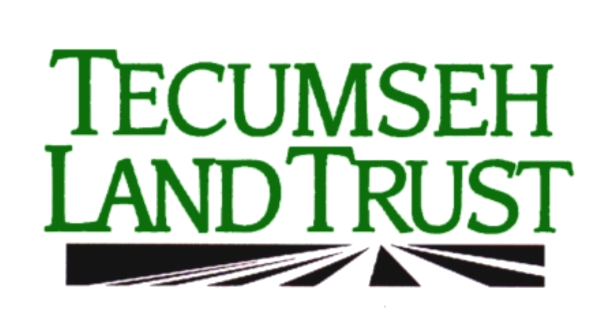Funding Available for Climate Smart Agricultural Practices
Tecumseh Land Trust is excited to be a partner with the one.two.five Benefit Corporation and other regional partners on a Regional Conservation Partnership Program (RCPP) grant through the Natural Resource
Conservation Service (NRCS) that will invest over $2,900,000 to enhance climate smart agriculture in Ohio’s Miami Valley. The five year project seeks to reduce soil quality degradation utilizing performance-based
payments to producers. RCPP funds will be applied to landowners and producers for the adoption of NRCS-based conservation practices designed to enhance soil health and soil carbon storage.
This project, starting in early 2024, will compensate producers who adopt NRCS-based conservation practices designed to reduce soil organic matter depletion, utilize direct assessments of soil organic carbon, awarding performance-based payments for carbon capture, and provide on-farm technical and financial support directly to a diverse network of producers managing agricultural land.
To date, project partners include the one.two.five Benefit Corporation, Tecumseh Land Trust, Agraria Center for Regenerative Practice, several units within The Ohio State University, The Retreat at Evans Farms, Oaks & Sprouts, Limited, Sustainable Economies Consulting, and Truest Farms.
Landowners and land managers within the six county Miami Valley region (Miami, Montgomery,
Champaign, Clark, Greene, and Clinton) who are interest should contact hello@125benefit.com. Historically Underserved Farmers and Producers who have participated in soil health educational training programs within the six-county project region that are associated with the Regenerative Farmer Fellowship program, the
BIPOC Farming Network, and other programs hosted by Agraria in partnership with The Nature Conservancy and Central State University will have priority in application rankings. Farms utilizing ruminant livestock grazing within the project area will also be prioritized in the application process. Up to 20 producers are
eligible for up to approximately $20,000 in financial assistance in each project year.
